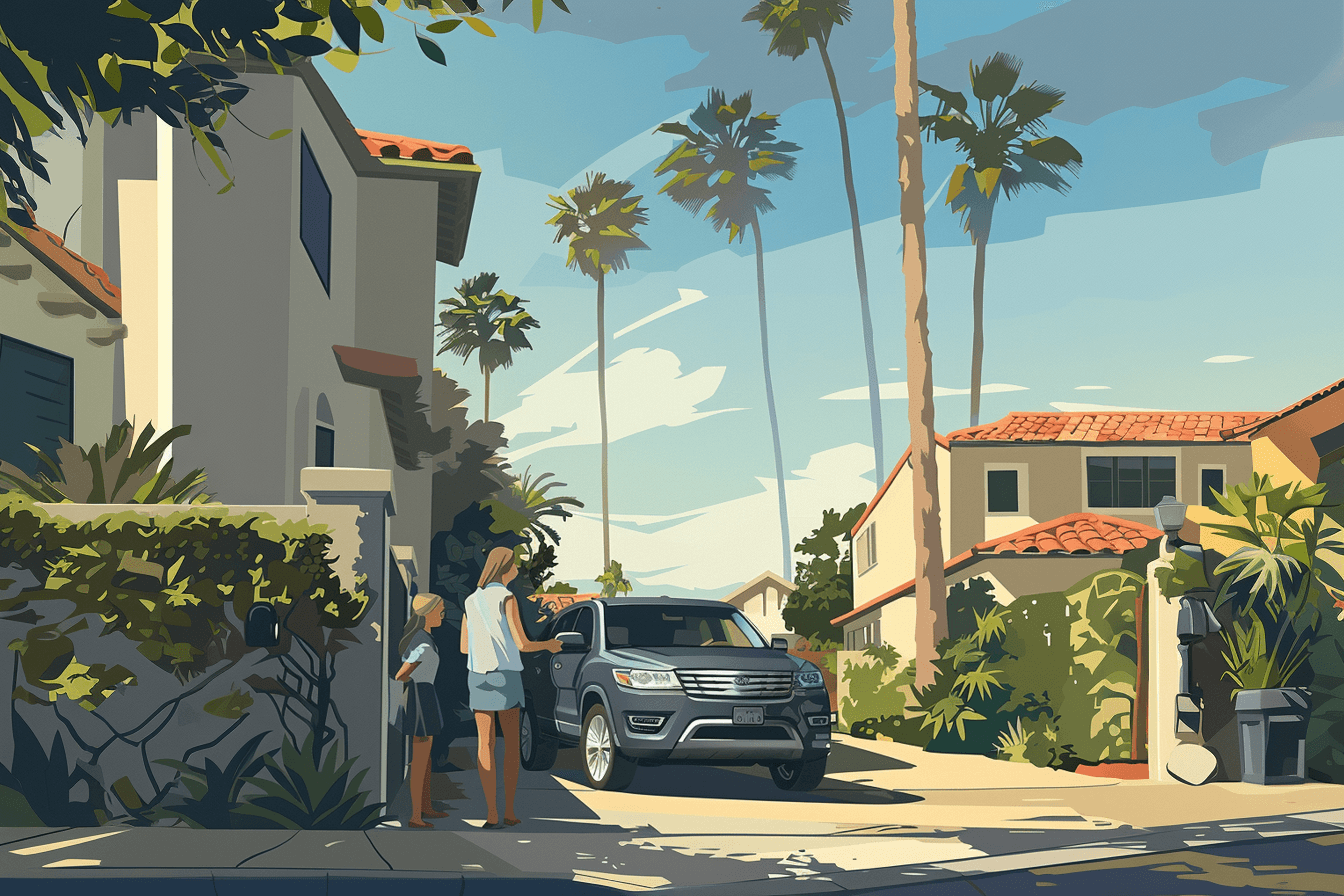Get Financial Security On Wheels: Why Umbrella Insurance Might Be Essential for Car Owners
Written By
Lewis C. Smith
Published
Jul 12, 2023
Discover why umbrella insurance is essential for safeguarding your car and future earnings. Explore the benefits and secure your financial shield today.
What is Umbrella Insurance?
Umbrella insurance is an extended liability coverage designed to protect you from major claims and lawsuits. It kicks in when the coverage from your standard home or auto insurance policy isn't enough. Beyond covering personal injury and property damage, an umbrella policy can also shield you from libel or slander charges and legal defense costs that can skyrocket in the blink of an eye.
The Benefits of Umbrella Insurance
An umbrella policy serves as your financial safety net, providing increased liability limits and a broader scope of protection. It safeguards not just your current assets, like your home or savings, but also your future earnings. Notably, umbrella insurance is surprisingly affordable, considering the extensive protection it offers. Being underinsured can lead to devastating financial consequences, underscoring the importance of robust liability coverage.
How Umbrella Insurance Works
Coverage Details and Limits
Umbrella policies offer high coverage limits, often starting at $1 million. They serve as a safety net that steps in when your auto insurance reaches its limits. Umbrella coverage typically extends beyond your primary policies, providing extra protection against unpredictable liabilities.
Examples and Scenarios
Let's look at Sarah again. She's involved in a major accident on her commute, causing significant injury to the other driver. The medical expenses and potential lawsuits quickly exceed her auto insurance limit. In this case, Sarah's umbrella policy would kick in, covering the additional expenses and saving her from financial hardship.
Obtaining Umbrella Insurance
Working with an Insurance Agent
When considering umbrella insurance, it's crucial to consult with an insurance agent or broker specializing in such policies. They can guide you through the process of obtaining quotes, comparing options, and selecting the right coverage tailored to your needs as a car owner.
Cost Considerations
Factors such as coverage limits, personal risk factors, and the number of underlying policies can influence umbrella insurance premiums. While it's important to balance your coverage needs with affordability, always view umbrella insurance as a long-term investment in your financial protection.
Conclusion
Umbrella insurance provides a critical safety shield for car owners, granting peace of mind and financial security in the face of unexpected accidents or lawsuits. We encourage you to assess your liability risks, review your existing auto insurance, and consult with an insurance professional to determine if an umbrella policy is right for you. Remember, it's not just about protecting what you have now, but also safeguarding your future. Don't wait for a severe accident to realize you need more protection. Get a free consultation on umbrella insurance today.














